10 Steps to Starting a Community Garden
Dr. John Wilson Community Garden added a sandbox in an effort to involve children.
Adapted from the American Community Garden Association’s guidelines for launching a successful community garden — visit communitygarden.org for more information on each step:
1: Organize a meeting of interested people.
Determine whether a garden is really needed and wanted, what kind it should be (vegetable, flower, both, organic?), whom it will involve and who benefits.
2: Form a planning committee.
This group can be comprised of people who feel committed to the creation of the garden and have the time to devote to it, at least at this initial stage.
3: Identify all your resources.
Do a community asset assessment. What skills and resources already exist in the community that can aid in the garden’s creation?
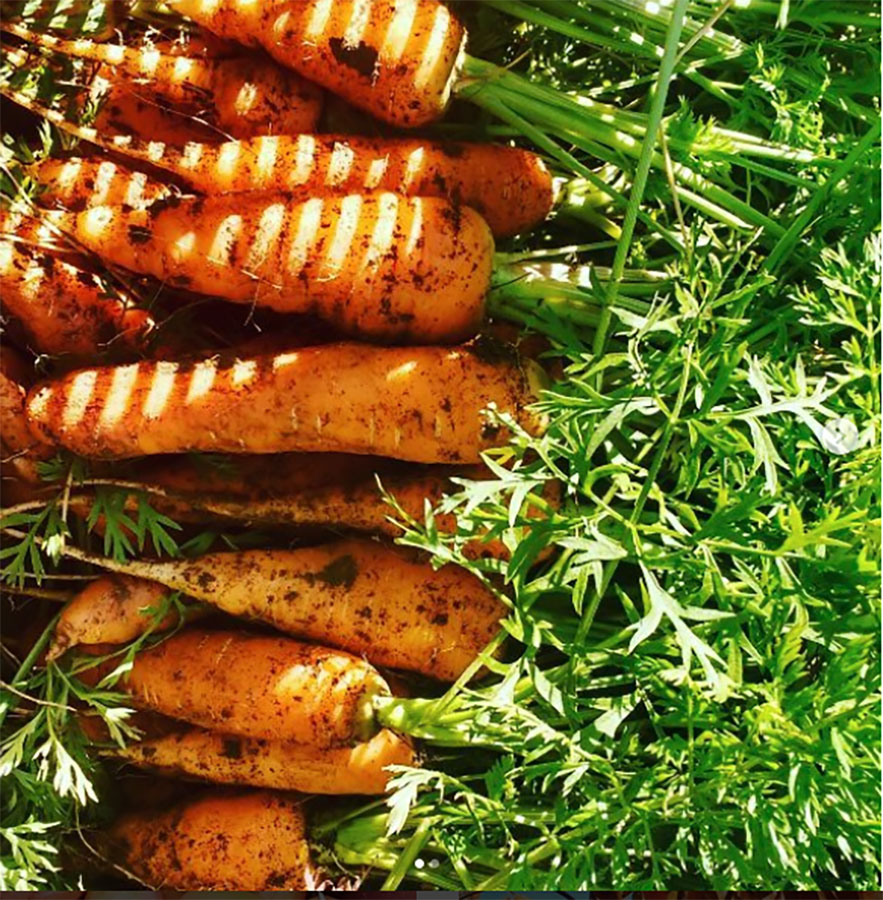
4: Approach a sponsor.
Some gardens “self-support” through membership dues, but for many, a sponsor is essential for donations of tools, seeds or money.
5: Choose a site.
Consider the amount of daily sunshine (vegetables need at least six hours a day), availability of water, and soil testing for possible pollutants.
6: Prepare and develop the site.
In most cases, the land will need considerable preparation for planting. Organize volunteer work crews to clean it, gather materials and decide on the design and plot arrangement.
7: Organize the garden.
Members must decide how many plots are available and how they will be assigned. Allow space for storing tools, making compost and don’t forget the pathways between plots!
8: Plan for children.
Consider creating a special garden just for kids — including them is essential.
9: Determine rules and put them in writing.
The gardeners themselves devise the best ground rules.
10: Help members keep in touch.
Good communication ensures a strong community garden with active participation by all. Community gardens are all about creating and strengthening communities.
Additional Resources:
Check Your Dirt NC | Soil survey to identify soil contaminants
Soil Contaminants and Pesticides | Reduce exposure and test for contaminants
Minimizing Risks of Soil Contaminants in Urban Gardens | From the NC Cooperative Extension
Community Gardening Resources | From the Clemson Cooperative Extension (SC)
A North Carolina Community Food Gardening Handbook | From the NC Cooperative Extension
-
More Carolina Country garden guides
-
Share this story:

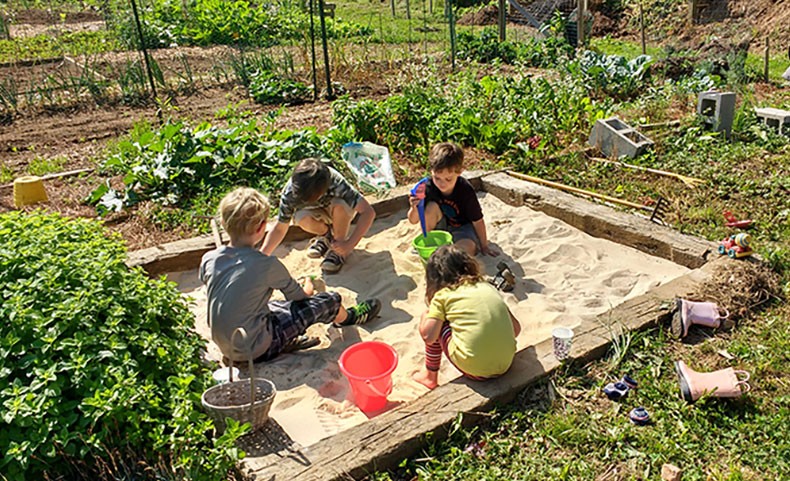
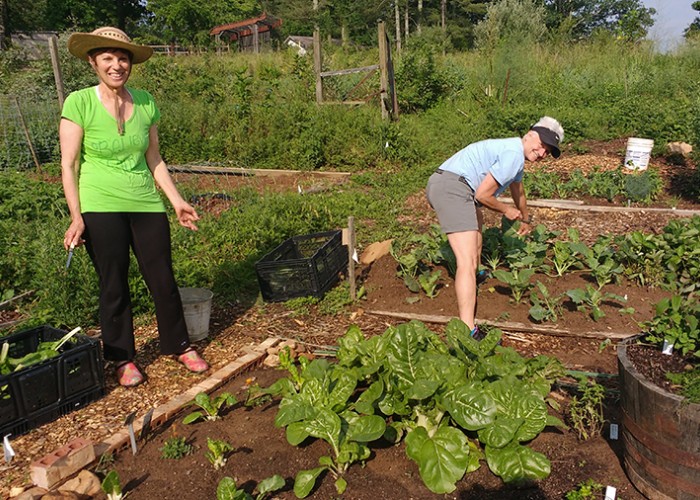
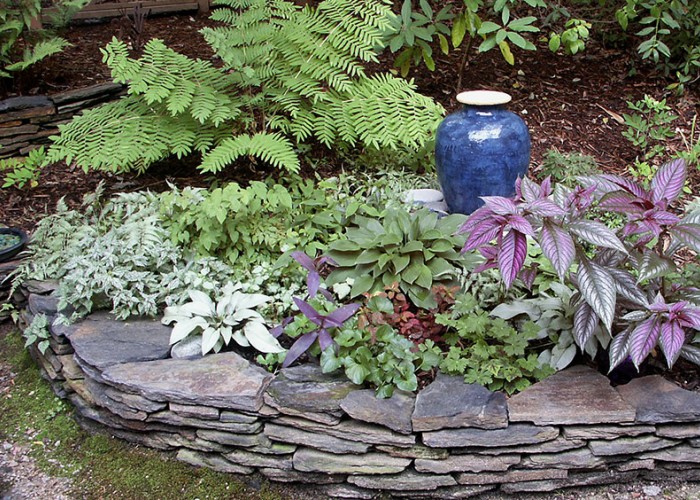
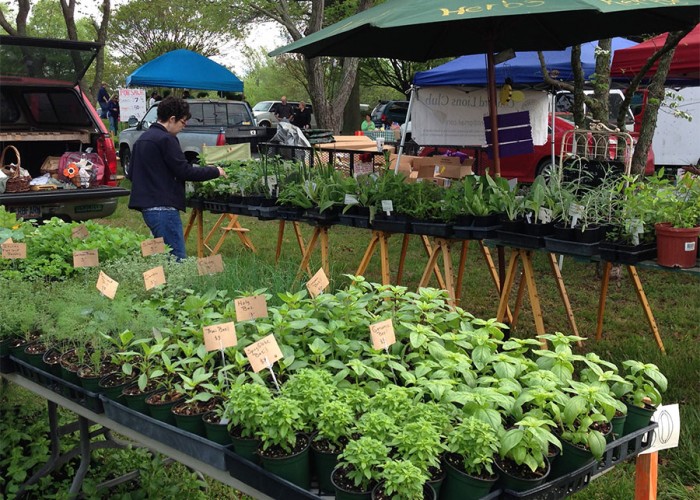

Comments (4)
Any info or pointers would be greatly appreciated. Thank you!
Best,
Amy
Amy |
July 21, 2021 |
reply
Marianna McKim |
August 09, 2021 |
reply
https://content.ces.ncsu.edu/minimizing-risks-of-soil-contaminants-in-urban-gardens
The section on "Strategies for Reducing Exposure Risk" may be of particular interest.
https://content.ces.ncsu.edu/minimizing-risks-of-soil-contaminants-in-urban-gardens#section_heading_7145
Lucy Bradley |
September 21, 2021 |
reply
https://go.ncsu.edu/cg-handbook
Lucy Bradley |
September 21, 2021 |
reply